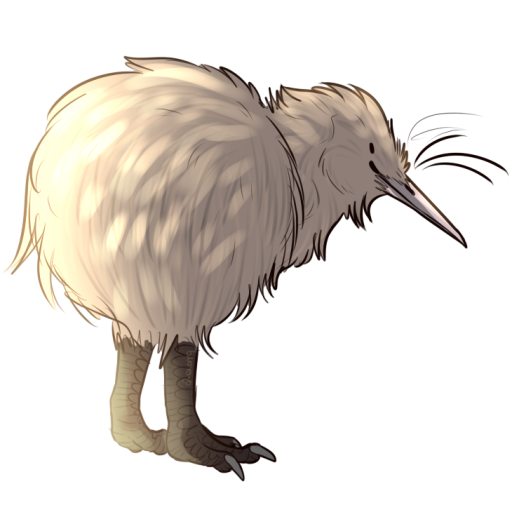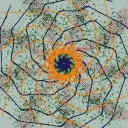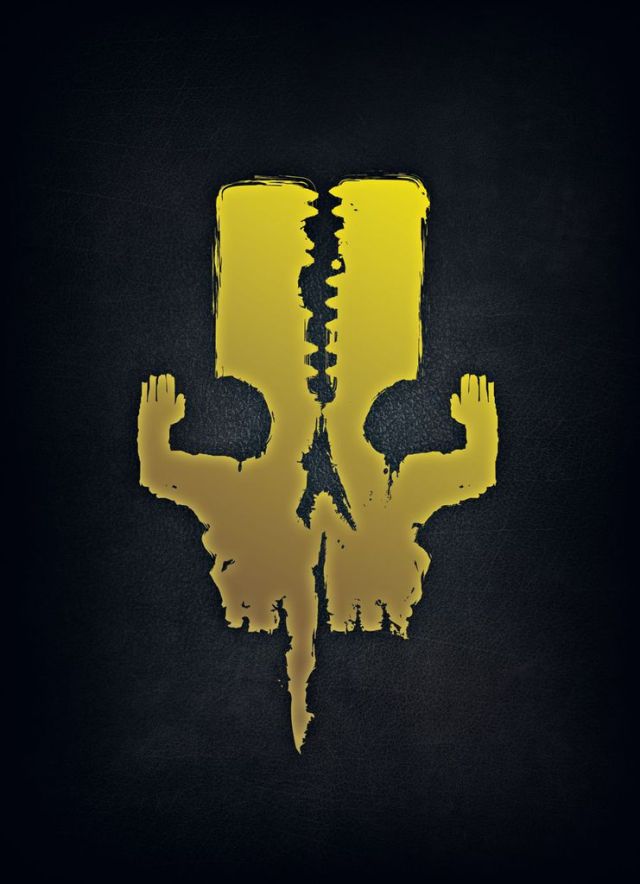I almost missed the Spanish upsidedown semicolon
¿Wait what?
In Spanish we open and close all quotations. Like:
- ¿Tienes cambio? (do you have change?)
- ¡Me encanta! (I love it!)
I don’t speak Spanish at all, but I really wish more languages would adapt it. It’s so much easier to interpret a sentence knowing it’s meant to be a question or exclamation right from the start.
I think it looks weird, but to each their own
I mean, my native language is Spanish but thanks for the clarification to the rest of the audience
Lol no pillé la ironía perdooon 🙈🙈🙈🤣🤣🤣
🙃_All_ of them?🙂
🙃_All_ of them?🙂
Just started learning French only to find out you need a Bachelor’s in math just to count past 70.
In Swiss French we say « septante » (70) « huitante » (80) and « nonante » (90) which is better than counting by 20
Swiss French doesn’t count as French (like Schwiizerdütsch isch nöd Dütsch)
Es zellt als Russisch… 🙃
So does Walloon French.
A couple of articles are telling me that Belgian French speakers use sepante and nonante, but not huitante? Is that the case?
I think so, never used huitante before, but then I’m Flemish, not Walloon.
English used to do this too. The most famous example is the first line of Lincoln’s Gettysburg address:
Four score and seven years ago our fathers brought forth on this continent, a new nation, conceived in Liberty, and dedicated to the proposition that all men are created equal.
As a French, I understand this post and it hurts because it’s true.
as someone who gave up on learning french because of those shenanigans, i feel validated
IIRC there’s some French dialects (Walloon/Belgium French IIRC) that count normally.
Oui, et les suisses aussi. Ils utilisent les mots ‘huitante’ ou ‘octante’, et ‘nonante’ pour écrire 80/90.
J’ai appris quelque chose aujourd’hui! Merci
programming x linguistics humor
As a programmer and a linguist, this is the kind of content that really gets the happy chemicals flowing through my monkey brain
Actually, is there a linguistics lemmy instance or community?
//German
Farbe=“#Neunundneunzigdoppelefdoppela;”
I love that song!
Hast du etwas zeit für mich
Dann singe ich ein Lied für dich
More like:
// German
Farbe = “#(9&90)FFAA”;
German translation probably boils down to:
farbe = '#9FA²'More efficient, saves half the characters!
Jokes aside,
#9FAactually works too.#99FA9FFA9FAA?
I don’t how you teach basic counting at a young age in French without learning higher grade level math.
Joke aside, it’s not taught as 4 × 20 +10 but simply “90 is pronounced quatre-vingt-dix” — which kinda is a mouthful, but you rarely count to 90 as a kid anyway.
Sounds like you were just a quitter. I counted to 100 all the time to show off.
I’m counting to 100 right now, fight me!
Removed by mod
Same number of syllables is the letter “w” has in English.
Removed by mod
Which surely works only until you need to say 91, which does not start “quatre-vingt-dix.”
As guy who hate French language and was learning in 1999 I can confirm it was pain to read the topic of lesson and the date. I was so happy when we switched to 2000.
Whole generations of French students that have no idea they escaped having to write “mille neuf cent quatre-vingt dix-neuf” over and over again, in cursive of course.
Wait - is this why kids are dumber today ?
I’d argue it’s 4*20+19 in French, though, otherwise you’d probably need to change some of the other 99 to 90+9.
Nineteen is dix-neuf though. Which is literally ten-nine. 11-16 all have an equivalent word to the English “teens.” Quatorze for example instead of dix-quatre for 14.
Yes but 99 is also literally ninety nine, so the English ones should be 90+9 🤷♂️ don’t know about Spanish, though
Quatre-vingts-dix-neuf! 🤣
Or as my American-ass says, “Cat vank deez noofs.”
Takes notes
Next time meeting someone who might speaks french: Pontjur fellow frenchman, i need cat wank deez nutz of those poms
Now do the same for: color-primary, color-secondary, button-color …
I had to read a lot of the comments to understand what the post meant.
Yeah. Honestly, I’m still not sure I understand it. ELI5?
The American is how it is supposed to be.
The British one has the “color” changed changed to “colour” due to British spelling of color.
The Spanish one has an upside down semi colon because in Spanish you write questions like this: ¿Is this an example question?
The French one is because the French number system makes absolutely no sense and to say 99 you have to say quatre-vingt-dix-neuf (meaning 4 x 20 + 19).
I hope this helps somehow.
The American is how it is supposed to be.
The British one has the “color” changed
[citation needed]
I mean in code. Not sure how many programming languages are gonna accept “colour”. Or maybe they do and I am wrong, tbf I never thought about it till now.
When it actually comes to the English language that’s a different story.
I don’t know any language where “colo[u]r” is a keyword, or a lexer-level entity tbh, so I’m not sure there would be any difference. Anywhere you can name a variable “color”, you can name it “colour”. C++ allows you to explicitly make one an alias to the other, for example.
That said, I’ve seen a number of BBCode parsers need to take both “[color=”] and “[colour=]”. Really, we need code and programming languages in general to be less American. It’s 2023 already and in many programming languages I have to name my accounting variables “ano” (butthole) instead of “año” (year).
deleted by creator
The image mentions British so I just mentioned Birtish. I am not American or even a native English speaker so don’t come at me. Also I hope the Czechoslovakia part is a joke.
Your comment double posted btw.
deleted by creator
French being french. They have no word for ninety for example, it’s four-twenty-ten. Not bullshitting you.
As in Four (times) twenty (plus) 10.
Wait, spanish doesn’t do the “we don’t have a word for that number, just do math instead” counting system?? I thought the romance languages were tight!
Well, there isn’t a word for 99 in Spanish or English, in both languages we say 90+9, so that counts as maths.
If you are asking about words for 70, 80 and 90, that is a peculiarity of French, and not even all dialects, some dialects have septante, huitante/octante and nonante for those.
haha no
It’s just the French being weird, there’s even some non-France French dialects that count normally.
The Spanish might talk too fast to understand anyway, though.
French is the only Romance language that does the count-by-twenties thing, as far as I know, but apparently some of the Celtic languages do it too. So French may have picked it up from Breton (or Gaulish or who-knows).
If you think French is bad…
// Danish farve = "#(9+½+5)FFAA"Please elaborate. Any background on this?
The Danish word for 99 is nioghalvfems, which literally means “nine and half five.” Which you could be forgiven for assuming meant 11½. The trick is that a) “half five” actually means 4½, as in half less than five, and b) it’s implied that you’re supposed to multiply the second part by 20. So the proper math is
9 + (-½ + 5) * 20 = 99.
Belgian and Swiss French speakers smirking…















